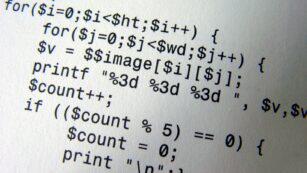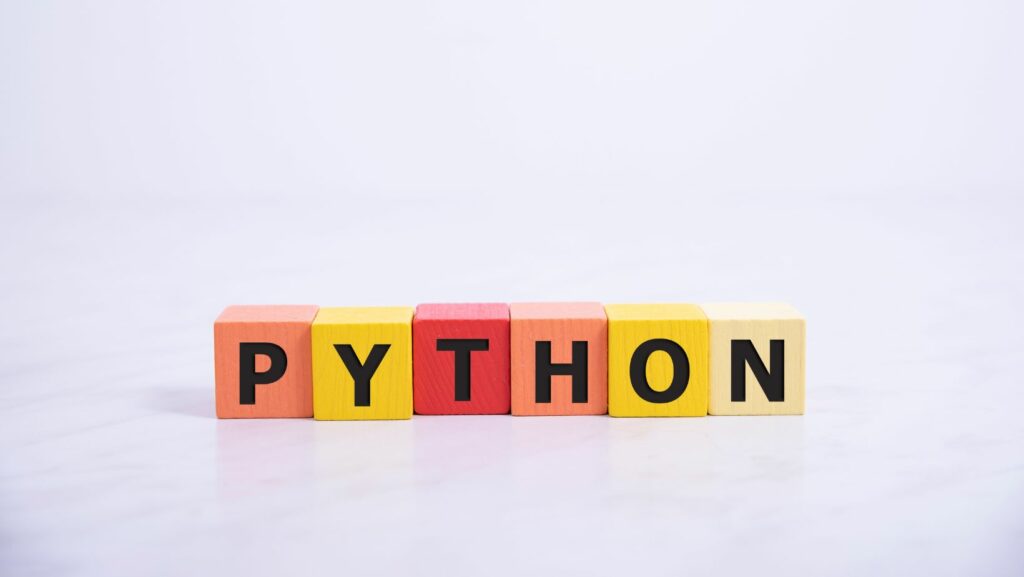As Python continues to dominate the tech industry as a versatile and powerful programming language, many developers seek to elevate their skills beyond the basics. Intermediate Python books are crucial resources for those looking to deepen their understanding and enhance their coding techniques. These books bridge the gap between fundamental Python programming and advanced applications, covering everything from data structures and algorithms to machine learning and web development.
Intermediate Python Books
Key Features of Intermediate Python Books
 Intermediate Python books focus on enhancing developers’ skills, enabling them to tackle more complex projects with confidence. These books typically cover a range of advanced topics not fully explored in beginner guides, including but not limited to:
Intermediate Python books focus on enhancing developers’ skills, enabling them to tackle more complex projects with confidence. These books typically cover a range of advanced topics not fully explored in beginner guides, including but not limited to:
-
Comprehensive Coverage of Data Structures: They delve deeper into data types like dictionaries, sets, and lists, plus introduce more complex data structures like trees and graphs.
-
Advanced Algorithms: Readers learn to implement and optimize sorting algorithms, search techniques, and other algorithmic strategies that are essential for efficient code.
-
Debugging and Testing: These books provide strategies for identifying bugs and errors more efficiently and include best practices for writing test cases.
-
Machine Learning Applications: They often touch on how Python can be used in developing machine learning models, giving practical examples and case studies.
-
Web Development Frameworks: Sections on frameworks like Django and Flask illustrate how to transition from simple scripts to full-fledged web applications.
These elements ensure that once a practitioner has mastered the concepts in intermediate Python books, they possess the skills required to progress to more advanced topics and applications.
Importance of Choosing the Right Book
 Selecting the right intermediate Python book is crucial for effective learning and skill enhancement. A well-chosen book provides:
Selecting the right intermediate Python book is crucial for effective learning and skill enhancement. A well-chosen book provides:
-
Relevance to Current Skills: It matches the reader’s current proficiency and learning pace, building on known concepts without being overwhelming.
-
Practical Examples: The book contains numerous practical examples to demonstrate the application of theoretical concepts in real-world scenarios.
-
Updated Content: Technology evolves rapidly, and an updated book will teach the most current practices and tools in Python programming.
-
Expert Authorship: Books written by experts with practical experience in the field tend to offer deeper insights and more reliable information.
The Best Intermediate Python Books of the Year
Features to Look For
 When selecting the best intermediate Python books of the year, certain characteristics stand out that enhance the learning experience for developers looking to expand their Python programming skills.
When selecting the best intermediate Python books of the year, certain characteristics stand out that enhance the learning experience for developers looking to expand their Python programming skills.
-
Comprehensive Topic Coverage: The book covers essential topics including advanced data structures, algorithms specific to machine learning, and web development frameworks. Examples of these topics help solidify understanding and provide a practical application perspective.
-
Practical Programming Examples: It includes multiple coding examples that demonstrate common scenarios and complex problem-solving in Python. For instance, examples on how to implement and optimize algorithms or how to set up a web server using Flask or Django can be crucial.
-
Up-to-date Information: It incorporates the latest Python updates and trends. A book discussing the newest version of Python and its libraries, like TensorFlow 2 and the latest Pandas updates, remains relevant and invaluable.
-
Authored by Industry Experts: It is written by professionals who have a deep understanding and practical experience in Python programming. This guarantees that insights and techniques covered are both credible and directly applicable in real-world scenarios.
-
Interactive Learning Components: It includes exercises, quizzes, and even coding projects that challenge the reader and enhance their learning experience. Interactive elements help solidify the knowledge gained through real practice.
Applying Knowledge from Intermediate Python Books
Choosing the right intermediate Python books can significantly shape a developer’s ability to tackle more complex problems and projects. These books not only deepen understanding but also enhance practical skills in Python programming. With the guidance of industry experts through well-structured content readers find themselves well-prepared to implement Python in various demanding contexts from web development to machine learning. Indeed embracing these resources is a pivotal step for those ready to transform their theoretical knowledge into practical expertise. As developers continue to evolve in their career journey these books will remain invaluable tools in their professional toolkit ensuring they stay at the cutting edge of technology.


